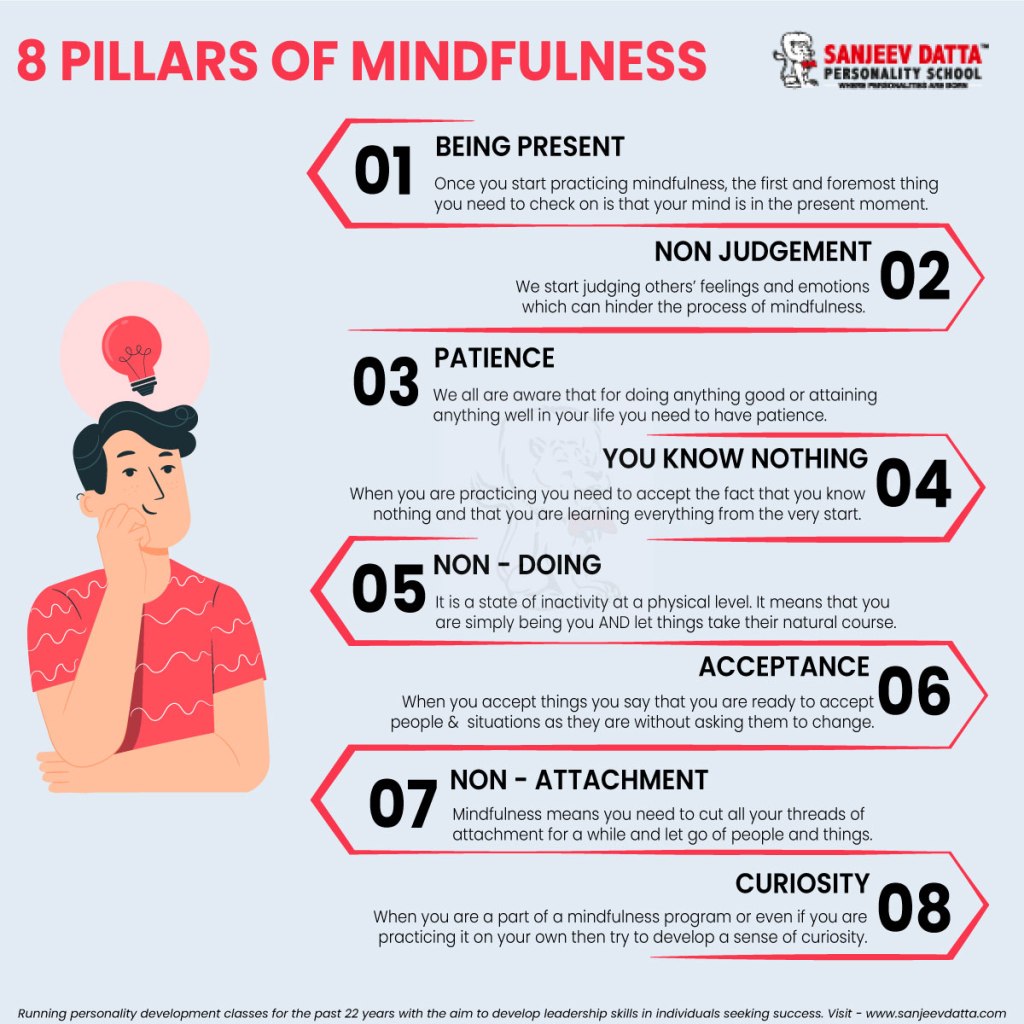Embarking on the journey of life, one cannot escape the inevitability of facing challenges. These hurdles come in myriad forms, testing our resilience and pushing us to grow. The ability to confront and overcome challenges intelligently is a valuable skill that can shape our personal and professional trajectories. In this comprehensive guide, we will explore a range of strategies and insights on how to face challenges with intelligence and grace.
- Understanding the Nature of Challenges:
Before delving into the strategies, it is crucial to acknowledge that challenges are diverse, ranging from personal setbacks to professional obstacles. Adopting a positive mindset is the foundational step toward facing challenges smartly. By viewing challenges as opportunities for growth, individuals can approach them with resilience and determination, laying the groundwork for effective problem-solving.
Visit: how to read body language
- Cultivating a Growth Mindset:
A growth mindset, as proposed by psychologist Carol Dweck, posits that abilities and intelligence can be developed through dedication and hard work. Cultivating this mindset allows individuals to perceive challenges as chances to learn and improve. It fosters a proactive approach to problem-solving, where setbacks become stepping stones toward personal development.

- Setting Realistic Goals:
Breaking down challenges into smaller, manageable tasks is an effective strategy. This not only makes the overall challenge more digestible but also provides a sense of accomplishment as each task is completed. Celebrating these small victories can boost motivation and maintain momentum, reinforcing the belief that challenges can be conquered one step at a time. Confidence redefined: elevate your persona with our unique personality development workshops for learning personality development skills!
- Seeking Support and Collaboration:
Endeavoring to face challenges independently may lead to isolation and limited perspectives. Seeking support from friends, family, or colleagues provides valuable insights and assistance. Collaborative efforts often lead to innovative solutions and shared responsibilities, making the journey through challenges more manageable and less overwhelming.
Visit: tips for personal growth
- Adapting to Change:
Challenges often accompany change, and the ability to adapt is critical. Embracing change as an opportunity for personal and professional growth allows individuals to navigate unforeseen circumstances with ease. Flexibility and adaptability turn challenges into transformative experiences, enhancing one’s capacity to confront and conquer future obstacles.
- Learning from Failures:
Failure is not a dead end but a detour on the road to success. Viewing failure as an opportunity to learn and improve transforms setbacks into valuable lessons. Analyzing what went wrong, identifying areas for improvement, and integrating these insights into future endeavors make individuals more resilient and better equipped to face challenges intelligently.

- Maintaining a Healthy Work-Life Balance:
Balancing personal and professional life is integral to facing challenges effectively. Prioritizing self-care, taking breaks, engaging in hobbies, and spending quality time with loved ones rejuvenates the mind and body. This balance provides the clarity and energy needed to confront challenges with a smart and focused approach, preventing burnout and enhancing overall well-being. From introvert to influencer: join us on the journey of personal growth and development with premium personality development classes!
- Embracing Continuous Learning:
The ability to face challenges smartly is an ongoing process of learning and adapting. Embrace a mindset of continuous learning, staying curious, and updating skills to remain agile in the face of evolving challenges. This proactive approach ensures that individuals are well-prepared to navigate the complexities of life with intelligence and competence.
Visit: importance of assertive communication
Conclusion:
In conclusion, mastering the art of facing challenges smartly is a journey of self-discovery and continuous improvement. By adopting a growth mindset, setting realistic goals, seeking support, adapting to change, learning from failures, maintaining a healthy work-life balance, and embracing continuous learning, individuals can navigate life’s obstacles with resilience and intelligence. “How to Face Challenges Smartly?” is not just a question; it is a call to action, urging us to approach challenges with a strategic mindset and emerge stronger on the other side.





































